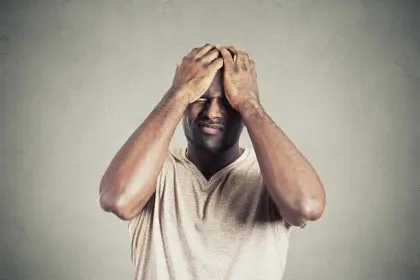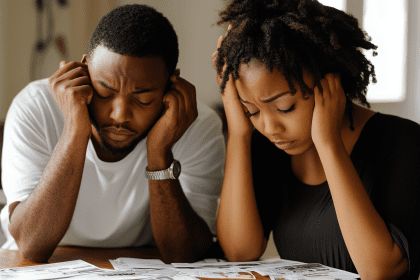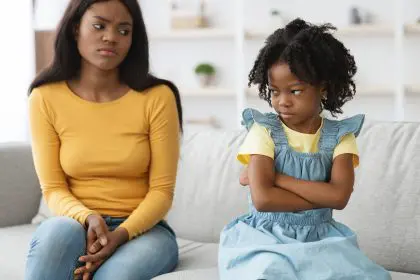DeWayne Rogers: I can’t help but be concerned as it relates to the rising number of unwed mothers within the black community. We talk so much about progress as a race, but some of these numbers lead me to believe that we’re headed in the wrong direction. When Dr. King led the March on Washington, the number of unwed black mothers was right around 25 percent. Now that number is almost tripled. Should we be concerned?
Tia McGill: Yes, we should be concerned, but we have to be concerned on two levels. The first level is that we have to acknowledge that this social pandemic is happening across the board. This is an issue that is happening to all races and ethnicities, and not just black people. But as we drill down deeper, we have to figure out why this particular subset of people — African Americans — are allowing this to happen at an even greater level.
Rogers: I agree that we should delve deeper into why this is happening. Would it be too far-reaching for me to then conclude that the larger number of unwed black mothers is a symptom of a cultural identity crisis among blacks? Whereas family, church and education were once seen as the foundational anchors to overcome societal injustices, that now seems to be replaced with a broken family model, an apathy toward God, and declining numbers of African American college graduates. My guess is that the latter two can be traced back to the broken family model. Am I off base with that assumption?


















